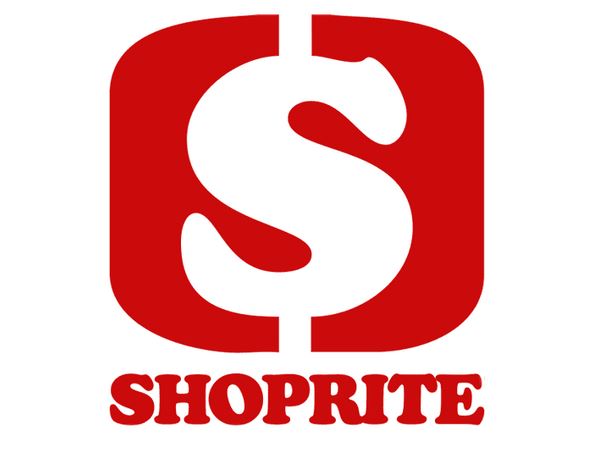Reducing food waste through better demand planning

Food waste is recognised as one of the biggest global issues affecting our planet. The Consumer Goods Council of South Africa (CGCSA) highlights that while nearly 20 percent of households in South Africa don’t have enough access to food, 10.3 million tons of food is still being wasted each year.
The United Nations and the global community have identified the reduction of food waste as a Sustainable Development Goal (SDG). It claims that the food industry is responsible for 30 percent of global energy consumption and 22 percent of Greenhouse Gas emissions. The target is to reduce waste by 50 percent in the retail and consumption space, as well as losses from the production and supply chain by 2030.
Using better forecasting to reduce food waste
In South Africa, retailers like Shoprite have been using machine learning and AI to help them reduce food waste. This is done by predicting what to stock and the amount required. The result has been a substantial reduction in food waste.Restaurants are another example of where better forecasting and predictive analytics can be used to reduce food waste. Forward-looking predictions draw on diverse data sources and use machine learning. They can therefore identify demand patterns more accurately than traditional approaches. Predictive Insights has found that food waste can be cut by about 10% through implementing these approaches in restaurants. These savings are in addition to the improvements in stock holdings, speed-of-service, and staff allocation that flow from more accurate demand planning.

Predictive Insights is an Associate Signatory of the CGCSA’s Food Loss and Waste Agreement, an initiative to halve food waste in South Africa by 2030, in support of the United Nations SDG. The initiative is also supported by the national Department of Trade, Industry and Competition (DTIC) and the DFFE. Companies participating include SPAR, Shoprite Checkers, Woolworths, Pick n Pay, Nestle, Famous Brands, Distell, Danone and many more.
The CGCSA’s Food Loss and Waste Agreement is an initiative to halve food waste in South Africa by 2030.
Find out more